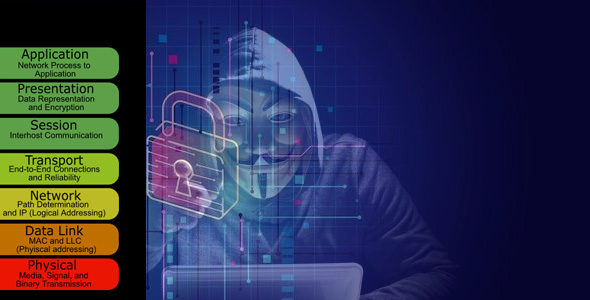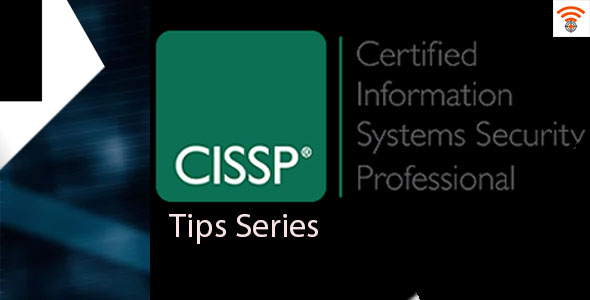How Dangerous is your Mobile Phone Radiation and Can It Really Cause Cancer?
Background Your phone, while powered on is always communicating with the network even when you are not active on it, hence a continuous emission of radiation. This is how your phone detects when you have an incoming call or message. Some sources like Berkeley News (2021) and The Guardian (2018) believe that the truth about […]
How Dangerous is your Mobile Phone Radiation and Can It Really Cause Cancer? Read More »








